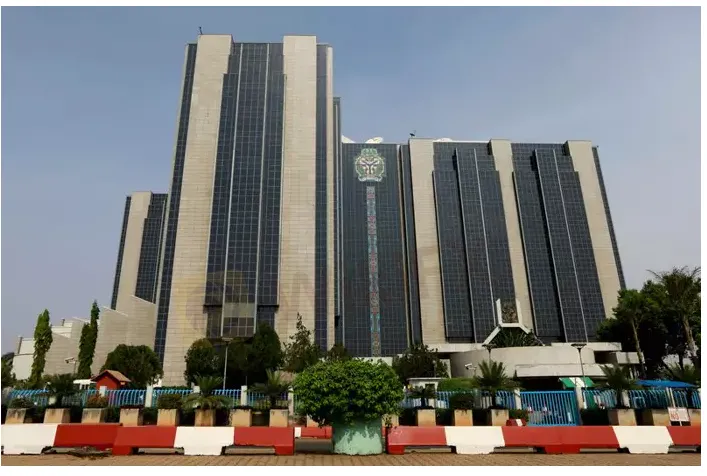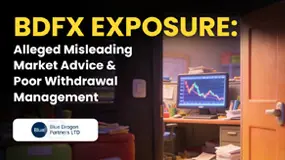Abstract: Nigeria’s markets regulator has published a set of regulations for digital assets, signalling Africa’s most populous country is trying to find a middle ground between an outright ban on crypto assets and their unregulated use.

Nigerias central bank last year banned banks and financial institutions from dealing in or facilitating transactions in digital currencies.
But the countrys young, tech-savvy population has eagerly adopted cryptocurrencies, for example using peer-to-peer trading offered by crypto exchanges to avoid the financial sector ban.
Nigerias Securities and Exchange Commission (SEC) published the “New Rules on Issuance, Offering Platforms and Custody of Digital Assets” on its website.
The 54-page document lays out registration requirements for digital assets offerings and custodians, and classifies the assets as securities regulated by the SEC.
A central bank spokesperson did not answer calls to his mobile phone.
The SEC said no digital assets exchange would be allowed to facilitate trading of assets unless it had received a “no objection” ruling from the commission.
A digital assets exchange will be required to pay 30 million naira ($72,289) as a registration fee, among other fees.
In October, Nigeria launched a digital currency, the eNaira, in the hope of expanding access to banking. Official digital currencies, unlike cryptocurrencies such as bitcoin, are backed and controlled by the central bank.










